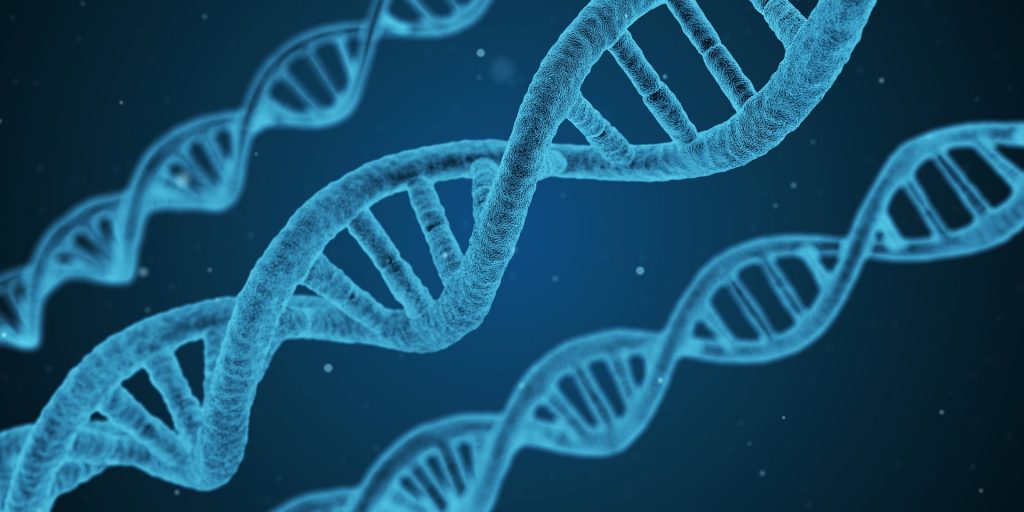
If you are currently undergoing in-vitro fertilization, you may have heard the term preimplantation genetic testing (PGT). Preimplantation genetic testing has two components, preimplantation genetic diagnosis (PGD) and preimplantation genetic screening (PGS). Prior to the transfer of your embryos, these tests may used to determine if the embryos have any abnormal chromosomes. It is normal for both men and women to have some sperm and eggs that are chromosomally abnormal. In many cases, embryos with abnormal chromosomes will not result in a pregnancy, or will end in miscarriage.
When Is PGT Necessary
Factors such as age and family history may increase the chances of the embryos having a chromosomal abnormality. At Carolinas Fertility Institute, we offer PGS for patients who are of advanced maternal age or have a medical necessity, such as a history of miscarriages, and PGD for patients who are a carrier for a certain disease. At times, PGD can be used to break the chain of inheritable “sex-linked” diseases passed down from mother to daughter or father to son, such as Turner Syndrome, Hemophilia, or Duchenne Muscular Dystrophy. In cases such as these, the embryos unaffected by the disorder would be returned to the uterus.
How Does PGT Work?
The process for PGT starts off much the same as in vitro fertilization. First, our fertility experts will prescribe the patient fertility drugs to stimulate the ovaries. These fertility drugs will aid in the production of multiple eggs that are ready for retrieval. Once retrieved, the eggs are fertilized by the sperm of the partner or donor within the confines of our state-of-the-art IVF lab. From there, we collect a group of cells from each embryo and send them to a reference lab.
At the reference lab, the cells are examined to determine the normalcy of the chromosomes. This can be done through several different techniques which are constantly evolving and advancing. Current techniques for PGT include microarray, Next generation sequencing (NGS), and single-nucleotide polymorphism (SNP). Once the results are in, a healthy embryo is transferred to the uterus.

Learn More
If you are interested in learning more about PGS, PGD, or in vitro fertilization, we invite you explore our success rates. Carolinas Fertility Institute is a leader when it comes to infertility services and we look forward to working with you to make your family dreams a reality. Request an appointment today.